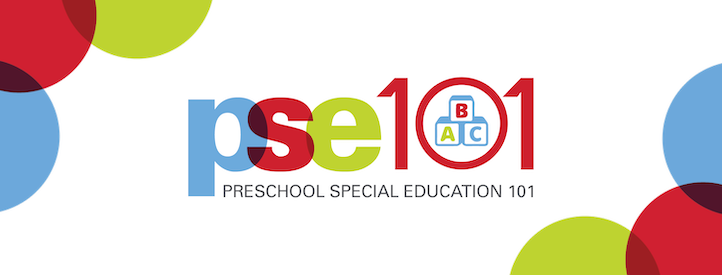Overview

All children with disabilities are guaranteed the right to a Free Appropriate Public Education (FAPE). This means that under the IDEA law, all children with disabilities are afforded an educational program that is individualized to a specific child, that meets that child’s unique needs, provides access to the general curriculum, meets the grade-level standards established by the state, and from which the child receives educational benefit. This PSE 101 module focuses on understanding FAPE and helps participants identify state and federal laws, funding sources, least restrictive environment, and other considerations such as assistive technology, extended school year services, and physical education / nonacademic services.
Estimated Time to Complete: 1 hour
Learning Objectives
- Describe what Free Appropriate Public Education means as defined in Federal and State law and how this applies to preschool children ages 3-5
- Identify what free means
- Identify what Appropriate Public Education means
- Describe what the District of Residence responsibilities are for providing FAPE
- Identify what funding districts receive for preschool children with disabilities
- Describe what the District of Residence must also consider for assistive technology, extended school year services, physical education, and nonacademic services, as appropriate for preschool children
Presenters/Authors
- Jennifer Barnes, M.A.; Education Program Specialist; Office of Early Learning and School Readiness
- Yvonne Wooten, M.Ed.; Education Program Specialist; Office of Early Learning and School Readiness